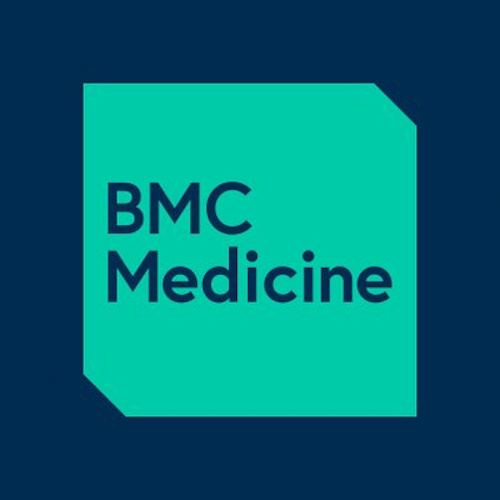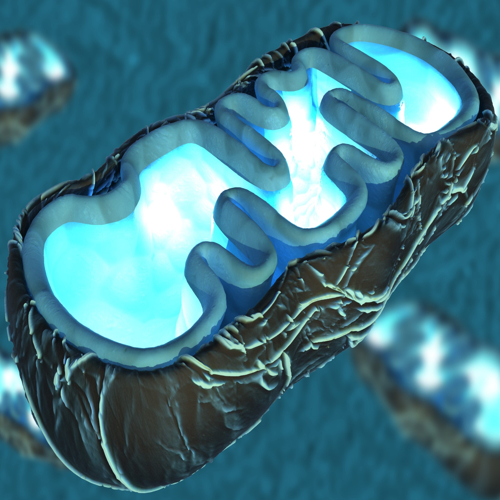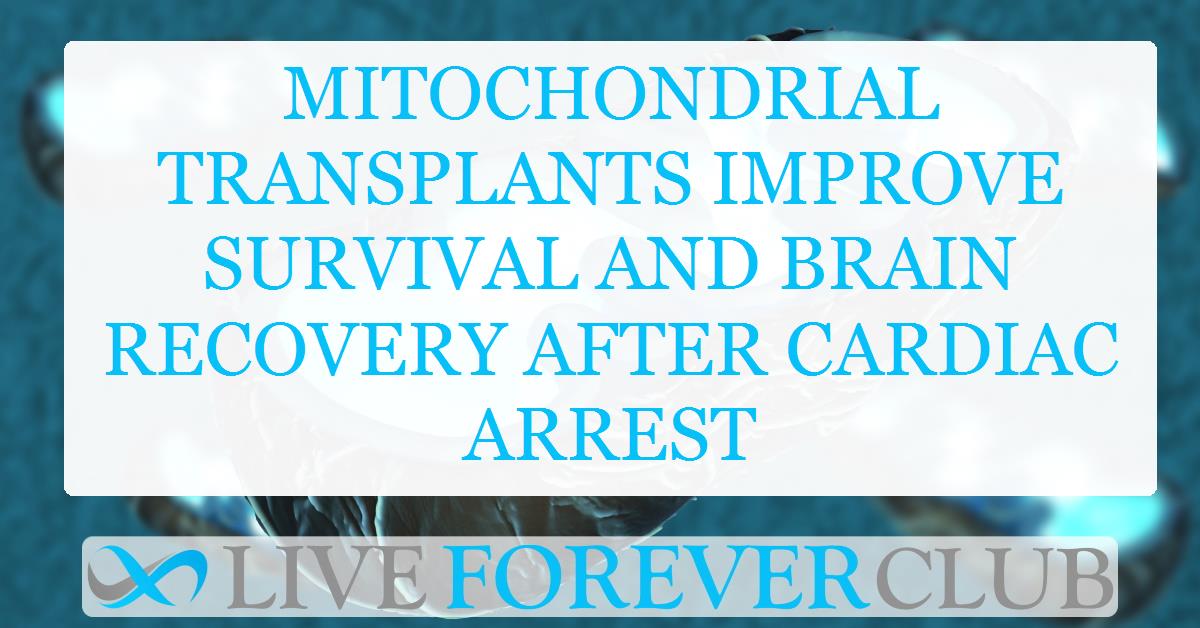Every year, hundreds of thousands of people suffer cardiac arrest, a condition where the heart suddenly stops beating. Even when doctors manage to restart the heart, the body faces another crisis—severe damage from lack of oxygen. The brain, heart, and other organs struggle to recover. Many survivors face long-term neurological problems or organ failure.
Researchers have been searching for ways to help the body heal after cardiac arrest. One exciting new approach involves using mitochondria, the tiny structures inside our cells that generate energy. Scientists have discovered that transplanting healthy mitochondria into damaged tissues could improve survival and recovery.
Mitochondria: The Cell’s Energy Factories
Mitochondria are essential for life. They turn nutrients into energy, powering everything our cells do. When the heart stops during cardiac arrest, cells are starved of oxygen, and mitochondria suffer damage. Without working mitochondria, cells can’t function properly, leading to tissue death and severe complications.
Researchers have been investigating whether adding fresh, healthy mitochondria could help repair this damage. Could transplanted mitochondria jumpstart struggling cells and improve recovery after a heart stops?
Testing the Idea: Mitochondrial Transplants in Rats
A recent study explored this question by transplanting mitochondria into rats that had suffered cardiac arrest. Scientists extracted mitochondria from the muscle tissue of healthy donor rats. After restarting the hearts of the cardiac arrest rats, they injected the fresh mitochondria into the bloodstream.
The results were remarkable. Rats that received mitochondrial transplants had a **dramatically higher survival rate** than those that didn’t. They also recovered neurological function better, meaning their brains were healthier after the trauma.
How Mitochondrial Transplantation Helped
Researchers found several ways in which the treatment improved survival and recovery:
- Faster Recovery of Energy Levels – The transplanted mitochondria helped cells restore energy production, preventing further damage.
- Better Brain Blood Flow – Blood circulation in the brain improved significantly, reducing the risk of brain injury.
- Reduced Lung Damage – The treatment decreased fluid buildup in the lungs, a common and dangerous complication after cardiac arrest.
- Improved Neurological Function – Rats that received mitochondrial transplants had better brain function, meaning they were less likely to suffer long-term cognitive problems.
Potential for Human Treatment
This study is part of a growing body of research on mitochondrial transplantation. Scientists have already tested similar treatments in humans for heart disease, and early results are promising. Some doctors have even used mitochondrial transplants in newborns with heart problems.
If mitochondrial transplantation proves safe and effective in humans after cardiac arrest, it could become a **life-saving treatment** in emergency medicine. Instead of relying only on drugs and supportive care, doctors might one day infuse patients with fresh mitochondria to help their bodies heal faster.
Challenges and Next Steps
While these findings are exciting, many questions remain. Scientists still need to determine:
- The best way to deliver mitochondria to human patients.
- How long transplanted mitochondria remain active in tissues.
- Whether this technique works for other conditions, like stroke or severe infections.
More studies and clinical trials will be needed before mitochondrial transplantation becomes a routine treatment.
A New Era in Medicine?
The idea that we can heal damaged organs by transplanting mitochondria is a **radical shift** in medicine. Instead of only treating symptoms, doctors might soon be able to repair cells at their core by restoring their energy sources.
For patients recovering from cardiac arrest, this research offers new hope. In the future, a simple infusion of mitochondria could mean the difference between life and death, or between severe disability and a full recovery.
Mitochondria may be tiny, but their potential to transform medicine is enormous.
The study is published in the journal BMC Medicine. It was led by Kei Hayashida from The Feinstein Institutes for Medical Research.






